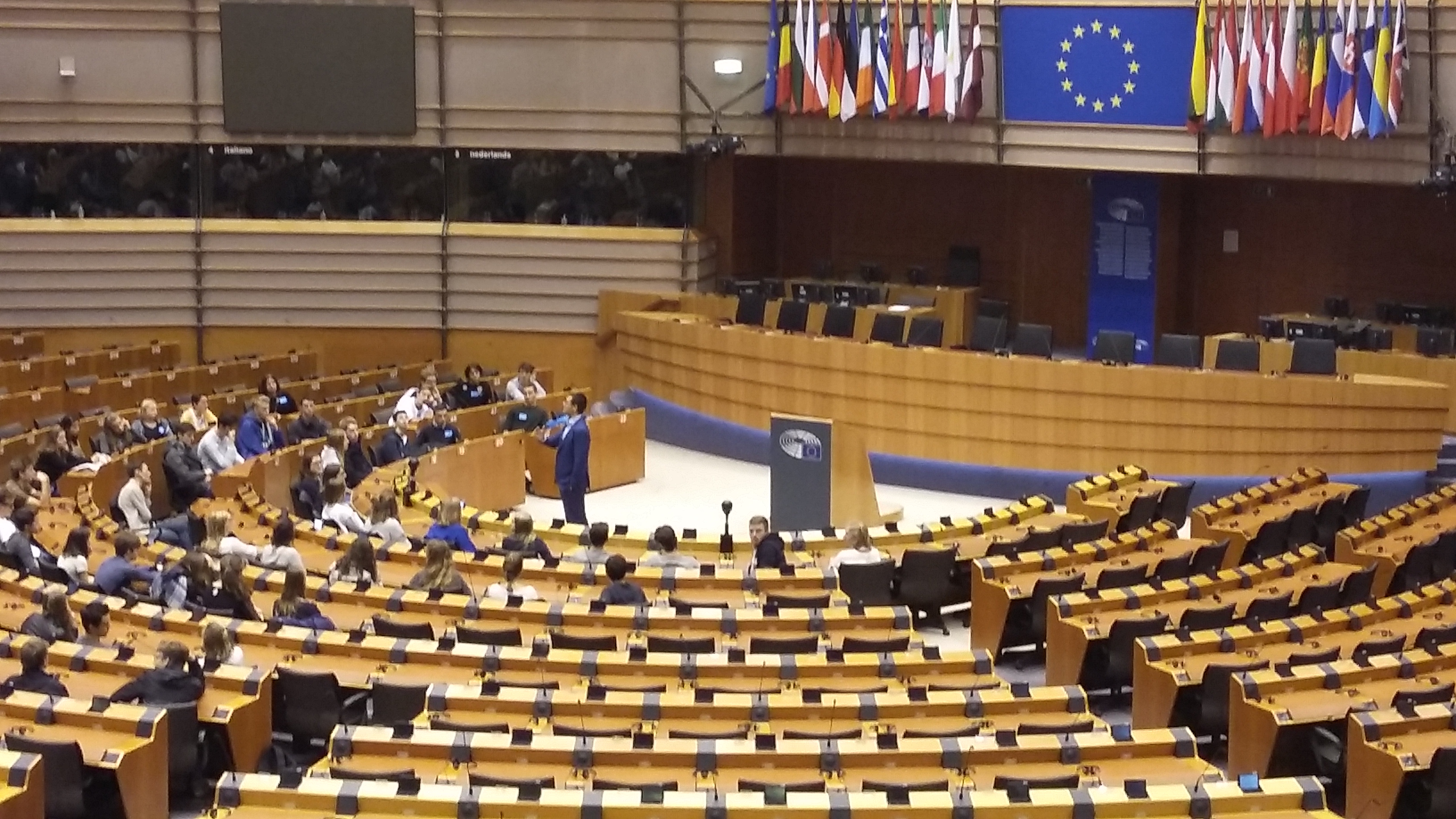
The German language is famous (and infamous) for its compound nouns. A few years ago, independently of each other, two German compound nouns were under discussion in Europe. The first word was "Spitzenkandidat". It appeared for the first time on the occasion of the 2014 European elections. At that time, almost all European party families ran top candidates on their lists. This was linked to the desire to take a further step towards democratising the EU. In future, the election of the Parliament should also produce the head of the Commission.
With Jean Claude Junker from Luxembourg, who stood as the top candidate for the party family of the European People's Party in 2014, this could be realised. But this principle was already out of force again in the 2019 European elections. Because the European Parliament finally elected Ursula von der Leyen, who had not even stood as a candidate, as President of the Commission on 16 July 2019 by a narrow majority. Juncker said days before: "I am a very unique guy. I was the first and the last Spitzenkandidat." (1) But that Juncker should have been the last European top candidate is what the European Parliament wants to prevent. (2)
On 2 May 2022, it therefore decided to reform the European elections. And this reform should also strengthen the principle of the Spitzenkandidat. In addition to their existing right to vote for national candidates in the constituencies of their member states, citizens are to receive a second vote. With this they can vote for transnational, Union-wide lists of political alliances or parties in an EU-wide constituency. Voters from the Federal Republic could thus, for example, cast their second vote for candidates from France, Denmark or Poland.
In order to represent the people of the entire EU in the same way, the member states would be divided into three groups according to population size. And these three groups would be proportionally represented on the lists of the EU-wide constituency. In this way, a further 28 mandates would be allocated in addition to the current 705 parliamentary seats. And the candidates on these lists would then produce the EU Commissioners. In the end, the Commission President would be the top candidate on a list that received the most votes across Europe. (3)
Further reform proposals are: In all member states, postal voting should be made possible, a common threshold clause should apply and 18-year-olds should be able to stand as candidates. In order to ensure gender balance, the lists should be drawn up according to the zip system or quotas. Finally, 9 May is to be introduced as a uniform EU-wide election day. These reforms would incorporate a whole series of citizens' proposals from the Conference on the Future of Europe, which was held from April 2021 to May 2022. (4)
Unfortunately, it does not currently look like these reforms will take effect in the upcoming EU elections in 2024. (5) The EU Council of Ministers did address the issue at its meeting on 27 June 2023. However, agreement was only reached on the effort to "strengthen the European dimension of the elections to the European Parliament". (6) As for the other proposals, "the national specificities in the organisation of elections" were put forward. But the "greatest difficulties" for the ministers were the additional EU-wide constituency and the Spitzenkandidaten procedure.
This must be surprising. For in order to overcome the crises of the past years, the member states have deepened their common ground. In July 2020, for example, the European Council had agreed on the "Next Generation EU COVID 19 reconstruction package". (6) The aim of the 750 billion package is to overcome the economic consequences of the Corona pandemic and to promote investments in the ecological and digital transformation. (7) The Commission was authorised to raise this sum on the capital markets on behalf of the Union. Another manifestation of the European " Schicksalsgemeinschaft " - which needs " Spitzenkandidaten " for its democratic legitimacy ...!
(Automatically translated by deepl)
(1) https://www.spiegel.de/politik/ausland/jean-claude-juncker-kritisiert-auswahlverfahren-fuer-eu-spitzenposten-a-1275954.html
(2) https://www.europarl.europa.eu/news/de/press-room/20220429IPR28242/parlament-neue-regeln-fur-europawahl-eu-weiter-wahlkreis-gefordert
(3) https://www.deutschlandfunk.de/-eu-parlament-reform-europawahl-100.html#Wahllisten
(4) https://www.consilium.europa.eu/de/policies/conference-on-the-future-of-europe/#Report
(5) https://www.eu-info.de/dpa-europaticker/321855.html
(6) https://www.consilium.europa.eu/de/meetings/european-council/2020/07/17-21/
(7) https://www.consilium.europa.eu/de/infographics/ngeu-covid-19-recovery-package/